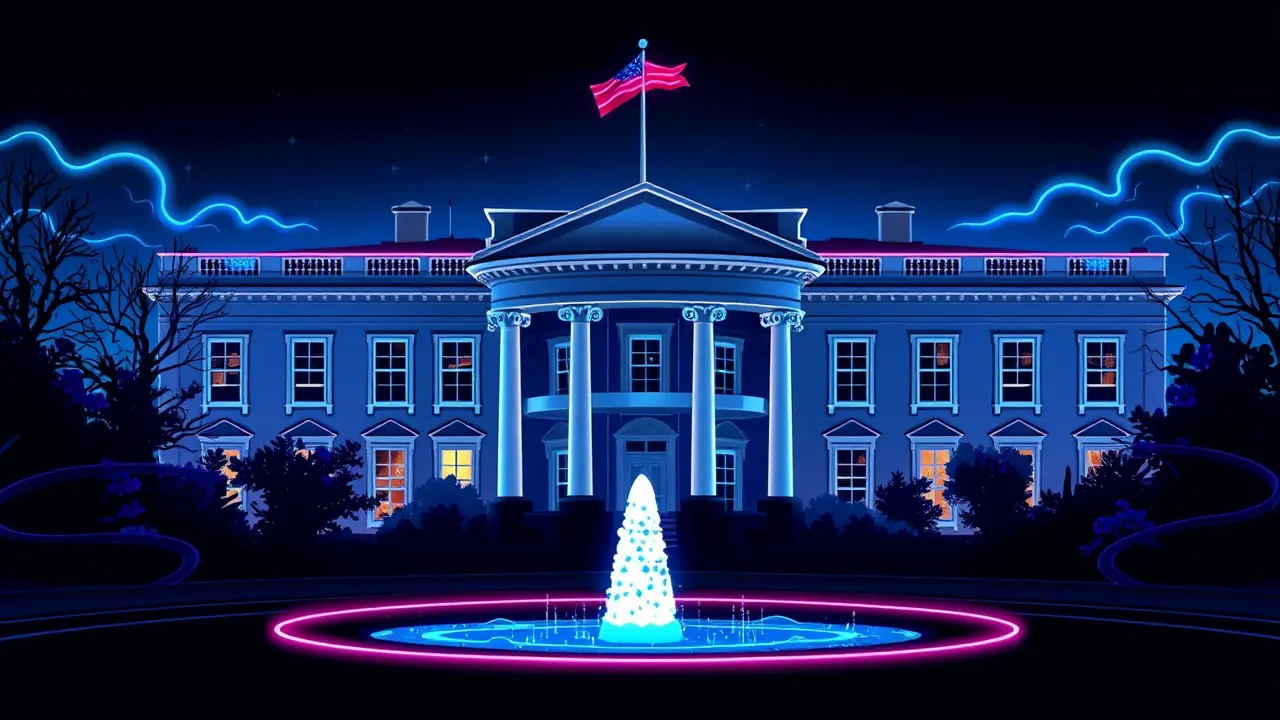- News
- politics
- Public servants are being targeted and MPs have been murdered. But we will prevent fear from destroying our politics | Dan Jarvis

PoliticslegislationNew Bills and Laws
Public servants are being targeted and MPs have been murdered. But we will prevent fear from destroying our politics | Dan Jarvis
RO
Robert Hayes
6 hours ago7 min read6 comments
The introduction of legislation to restrict protests outside the private residences of public office holders marks a critical juncture for democratic norms, a development that Security Minister and Labour MP for Barnsley North Dan Jarvis frames not as an isolated policy shift but as a necessary defense against a rising tide of intimidation threatening the very fabric of public service. Drawing a direct line from the appalling daily abuse faced by local councillors and national representatives to the horrific, paradigm-shattering murders of Jo Cox and David Amess, Jarvis articulates a grim reality where these acts are not tragic anomalies but violent culminations of a coarsening political discourse that has sent shockwaves through the corridors of power, leaving behind a residue of grief and a palpable fear that now actively shapes political engagement and security protocols.This legislative response, while firmly upholding the sacrosanct right to peaceful demonstration—a cornerstone of any functioning democracy since the days of the Chartists and the Suffragettes—draws a stark and deliberate line at the menacing of private family homes, a tactic that echoes the most toxic elements of mob justice and seeks to intimidate rather than persuade, thereby corroding the foundational principle that individuals and their families should be safe from targeted harassment regardless of their public role. The historical parallel is stark; one need only recall the climate that surrounded figures like Sir Anthony Berry in the aftermath of the Brighton bombing to understand how political violence leaves an indelible scar on a nation's psyche, forcing a recalibration of the balance between accessibility and security for those who serve.Expert commentary from security analysts and constitutional scholars suggests this move was inevitable given the escalating nature of threats, which have evolved from vitriolic online rhetoric to coordinated physical presence at the doorsteps of MPs, creating an environment where fear becomes a strategic tool to silence dissent and deter capable individuals from even considering public life. The potential consequences are multifaceted; while the government argues this is a measured step to protect democracy's servants, civil liberties groups are already sounding alarms about the potential for a slippery slope, where definitions of 'menace' could be broadened to stifle legitimate, albeit vigorous, protest, a debate that mirrors historical tensions seen in the application of public order acts.From an analytical perspective, this is more than a domestic security issue; it represents a front in a broader, global struggle against the weaponization of fear in politics, a trend observable in the heightened security around elected officials from the United States to Germany, where similar debates about the safety of representatives are unfolding. The narrative, therefore, is not merely one of a new law, but of a democracy grappling with how to preserve its open, contentious, and vital character while ensuring that those who step forward to lead are not forced to pay an unacceptable personal price, a challenge that will define the health of the political sphere for years to come as it navigates the thin line between security and liberty.
#lead focus news
#public servants
#protest restrictions
#political violence
#security
#Dan Jarvis
#UK politics
Stay Informed. Act Smarter.
Get weekly highlights, major headlines, and expert insights — then put your knowledge to work in our live prediction markets.
Related News
© 2025 Outpoll Service LTD. All rights reserved.







